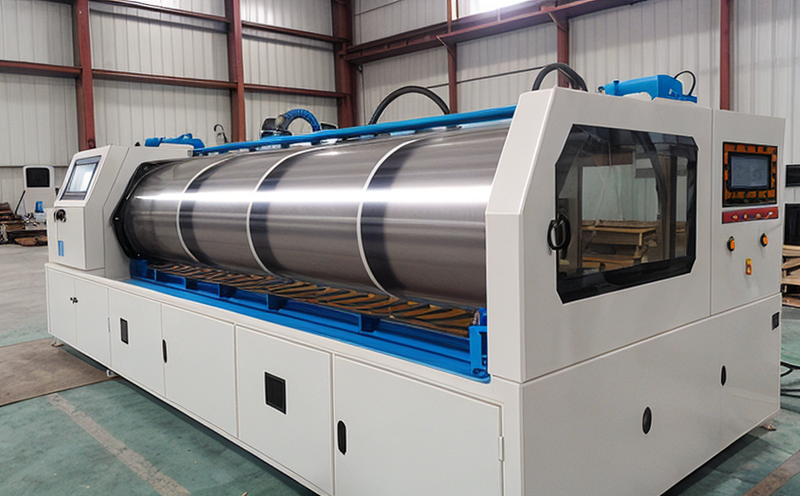GB T 14576 Ozone resistance of laminated and coated fabrics
The test method specified in GB/T 14576 is designed to evaluate the ozone resistance properties of laminated and coated fabrics. This testing procedure is crucial for ensuring that materials used in various sectors, such as automotive, aerospace, and outdoor textiles, can withstand exposure to high levels of ozone without degradation.
The primary purpose of this test is to assess how well a fabric maintains its structural integrity under conditions where it may be exposed to ozone. Ozone is a highly reactive form of oxygen that can cause significant damage to materials over time, especially those used in environments with high exposure to ultraviolet light or poor air quality.
The testing process involves exposing the specimen to controlled levels of ozone for a specified duration and then evaluating changes in physical properties like tensile strength, elongation at break, and colorfastness. Compliance with this standard ensures that products meet safety requirements and perform reliably under real-world conditions.
GB/T 14576 applies specifically to fabrics that are either laminated or coated. These types of materials often provide enhanced protection against weather elements but require robust testing to ensure they maintain their performance characteristics over extended periods.
To conduct this test, specimens must be prepared according to specified dimensions and conditions outlined in the standard. Following exposure to ozone for a predetermined time period, detailed measurements are taken to assess changes in various physical properties.
Instrumentation used during these tests typically includes specialized chambers capable of generating controlled levels of ozone gas along with monitoring equipment designed to track specimen responses accurately. Reporting follows strict guidelines laid out by the standard, focusing on key performance indicators relevant to product safety and functionality.
The results from this testing play a vital role in ensuring that materials used in critical applications continue to meet stringent quality standards despite potential environmental factors like ozone exposure.
Applied Standards
| Standard | Description |
|---|---|
| GB/T 14576 - Ozone resistance of laminated and coated fabrics | This standard specifies the procedures for determining the ozone resistance of laminated and coated fabrics. |
| ISO/IEC Guide 98-2 | A guide providing principles and practices for the evaluation, interpretation, and comparison of measurement uncertainty. |
| Standard | Description |
|---|---|
| ASTM D5471 | This test method covers the determination of resistance to ozone cracking in coated fabrics under controlled laboratory conditions. |
| EN 13938-2 | An EN standard covering the performance requirements and testing methods for waterproof breathable membranes used in clothing. |
Quality and Reliability Assurance
- Conformance with GB/T 14576 ensures that fabrics maintain their integrity under ozone exposure.
- Regular calibration of testing equipment to ensure accurate results.
- Use of certified reference materials for consistent testing outcomes.
- Independent verification by third-party laboratories for unbiased assessment.
International Acceptance and Recognition
GB/T 14576 has gained widespread recognition within China due to its rigorous approach towards ensuring the durability of coated and laminated fabrics. However, it's important to note that while this standard is primarily applicable domestically in China, compliance with such standards can often be beneficial for export products as well.
Given the increasing global trade in textile goods, manufacturers who comply with local regulations like GB/T 14576 may find their products more readily accepted by international buyers. Additionally, adherence to internationally recognized testing methods enhances credibility and trustworthiness among potential customers worldwide.





